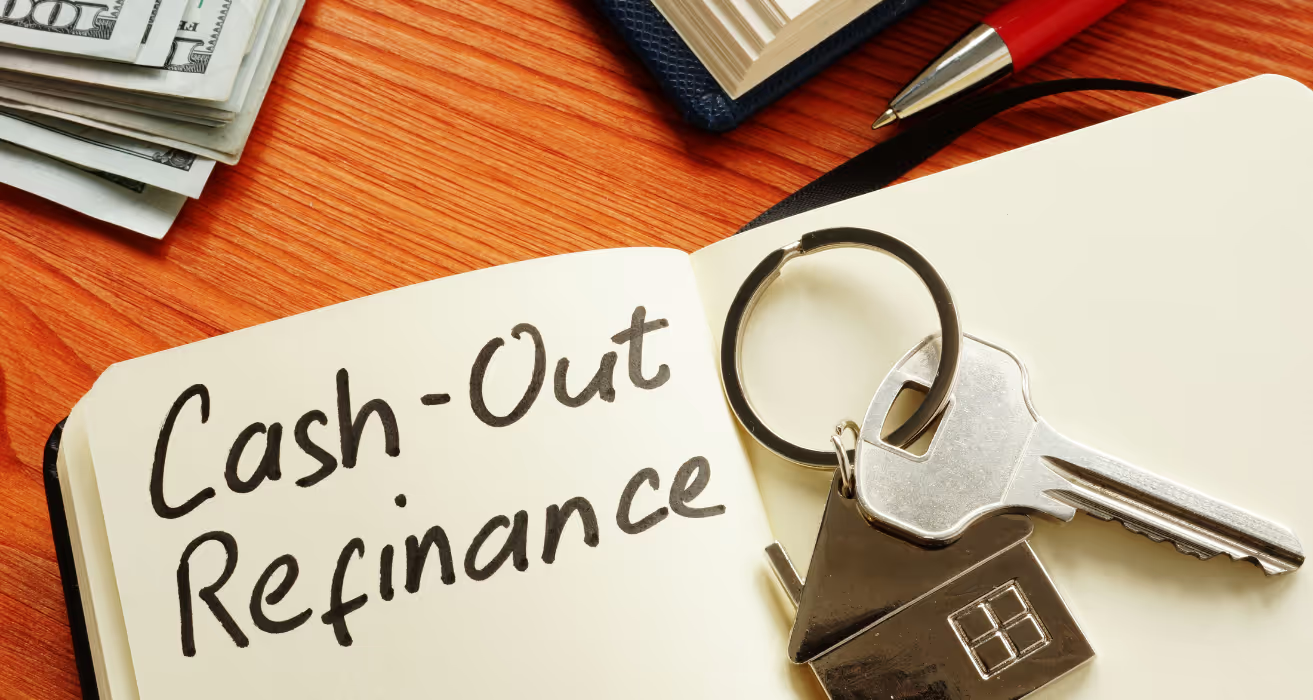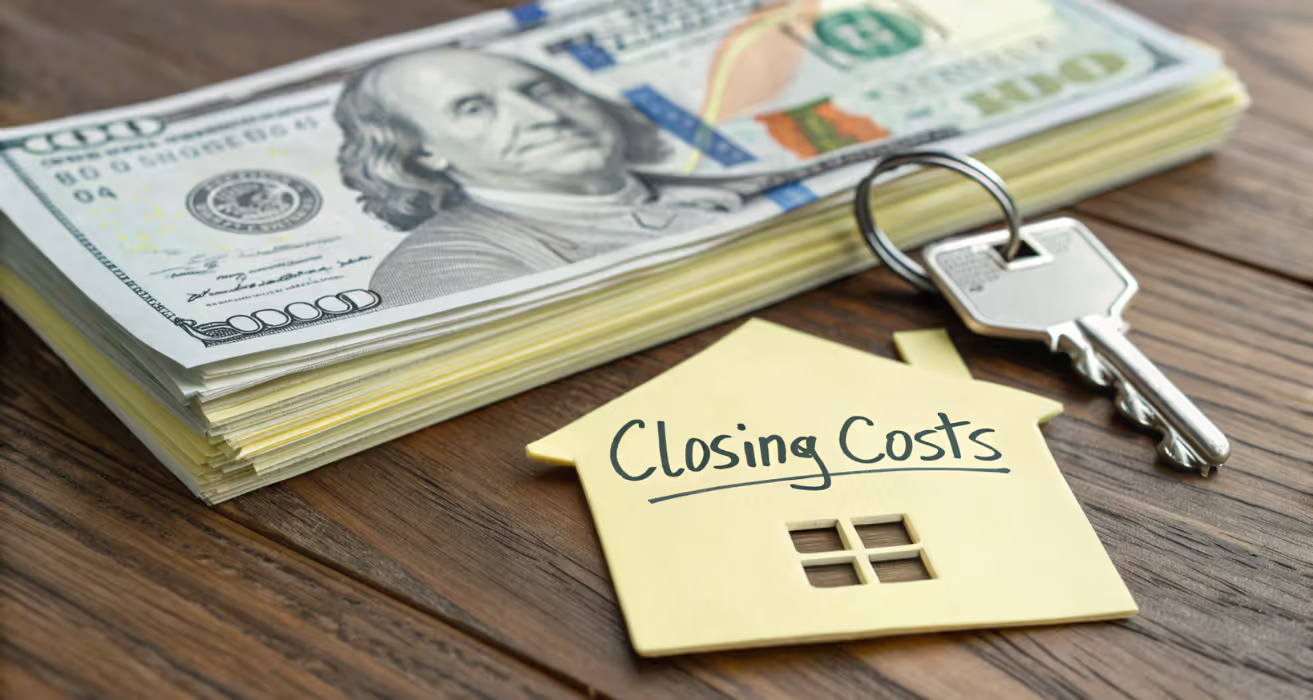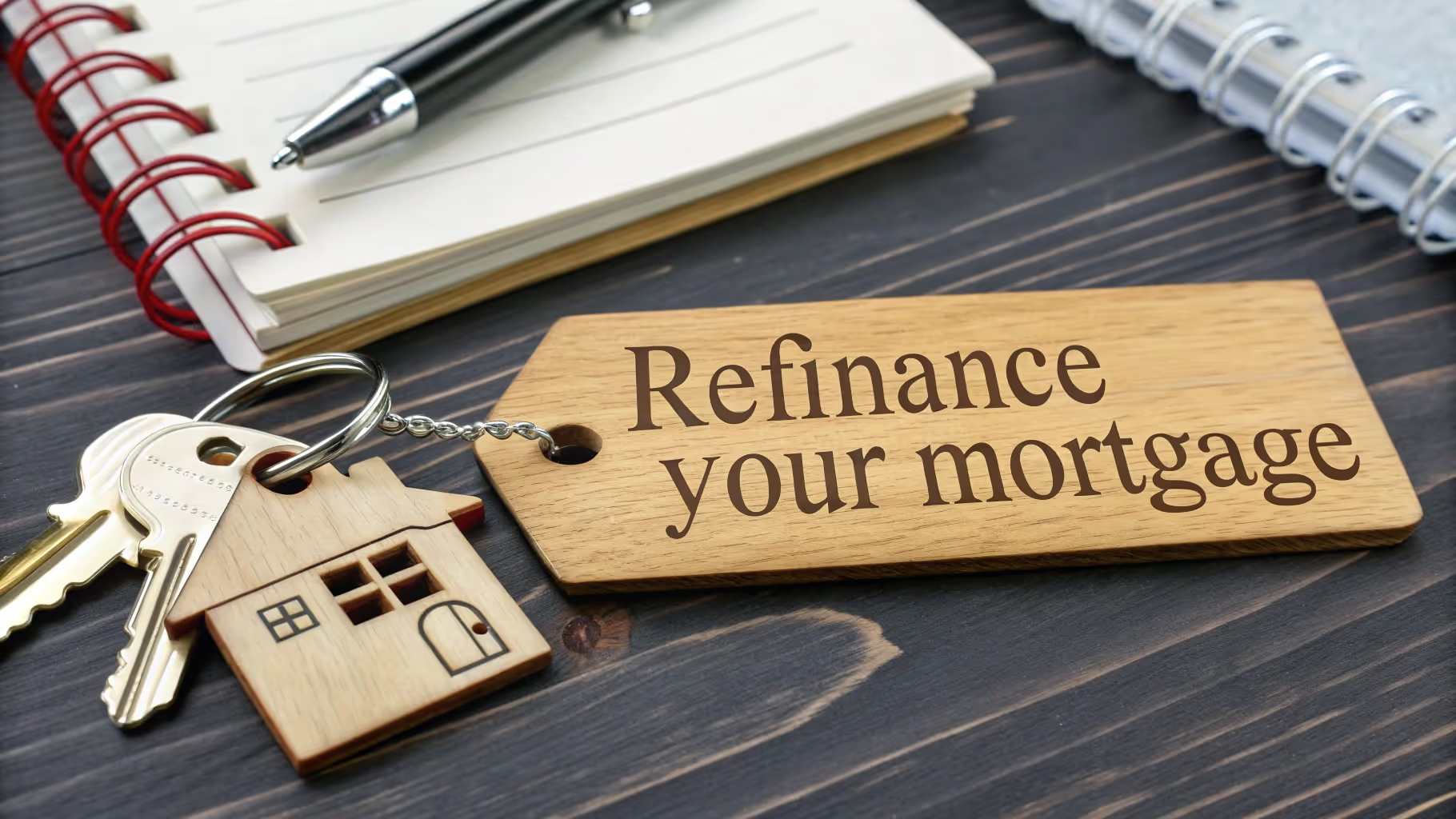What Happens When You Refinance a Mortgage?

Let’s be real: Most people aren’t refinancing experts, and that’s okay. Maybe you’re hearing about “cash-out” or “rate-and-term” refis for the first time. Or maybe your neighbor said they knocked a whole percentage point off their interest rate, and you want in.
But here’s the truth: refinancing can be powerful, but only when you know how it works. And this guide breaks it all down in plain English.
Refinancing replaces your existing mortgage with a new one, possibly with a better rate, different term, or other perks. It could mean thousands in savings...or a costly mistake if you don’t know what to expect.
Let’s sort through the confusion and make refinancing work for you.
Key Takeaways:
- Refinancing replaces your current mortgage with a new one, potentially at a better rate, term, or both.
- It's not just about saving money. Refinancing can help consolidate debt, switch loan types, or tap into equity.
- There are upfront costs and qualifying factors to consider, including credit score, home value, and debt-to-income ratio (DTI).
- The right lender makes all the difference. Comparing options matters.
- No government affiliation or VA-only focus, this guide is for all types of borrowers.
How Does Refinancing Work?
When you refinance, your new loan pays off your old one. From that point forward, you start making payments on the new mortgage. The goal? Usually, to:
- Lower your interest rate
- Reduce your monthly payment
- Change your loan term (e.g., 30 to 15 years)
- Switch loan types (like from an ARM to a fixed rate)
- Tap into your home’s equity with a cash-out refinance
Heads up: You’ll need to requalify, similar to when you got your original mortgage.
What Lenders Look At:
- Credit Score: Typically 620+ for conventional loans
- Home Value: Verified through an appraisal
- Income & Employment: To ensure you can repay
- DTI Ratio: Ideally below 43%
Types of Mortgage Refinancing
1. Rate-and-Term Refinance
- Change the interest rate, the term, or both
- Most common refinance type
- Ideal if market rates have dropped or your credit score has improved
2. Cash-Out Refinance
- Borrow more than you owe and pocket the difference
- Great for home improvements, debt consolidation
- Requires a strong equity position (usually 20%+)
3. Streamlined Refinance (If applicable to your current loan type)
- Limited documentation and faster processing
- Offered by some lenders, not all borrowers will qualify
Costs to Expect
While refinancing can save you money long-term, there are upfront costs:
- Appraisal Fee: $300–$600
- Title Fees: Varies by state
- Loan Origination Fees: Around 0.5–1% of the loan
- Prepayment Penalties (check your current mortgage)
Pro Tip: Some lenders offer no-closing-cost refinance options, but the tradeoff may be a slightly higher rate.
When Does Refinancing Make Sense?
It’s not just about lower rates. Consider refinancing if:
- You plan to stay in your home long enough to break even
- You want to eliminate PMI (Private Mortgage Insurance)
- You need funds for renovations or debt
- Your financial profile has improved since you first bought your home
Refinance Math 101: The Break-Even Point
Formula: Total Refinance Costs ÷ Monthly Savings = Months to Break Even
If you’ll be in the home longer than that, refinancing may be smart.
Compliance Note
This article is educational and not financial advice. Please consult a licensed mortgage advisor for personalized guidance. Be My Neighbor Mortgage, NMLS #1743790, is a licensed mortgage broker.
Conclusion: Smarter Refinance Options Start Here
Refinancing isn’t just a money move, it’s a clarity move. Understanding your options puts you in control, whether it’s about cutting your rate, reshaping your loan, or using equity to invest in your future.
Looking for a commission-free way to explore your refinance or purchase options? realpha is changing how people buy homes by eliminating agent commissions and simplifying your homeownership journey.
Want personal mortgage support with licensed experts? Be My Neighbor Mortgage is ready to help.
Together, we empower your decisions with real transparency and zero pressure.
FAQs
What does it mean to refinance a mortgage?
Refinancing replaces your current mortgage with a new one, often to secure a better rate, adjust the term, or cash out equity.
How much does it cost to refinance?
Expect to pay 2–5% of your loan amount in closing costs, including appraisal, title, and lender fees.
How soon can I refinance after buying a home?
Many lenders require 6 months of payment history, but it varies. Always check your current loan terms.
Will refinancing hurt my credit?
It may cause a temporary dip due to a hard inquiry, but responsible refinancing can improve your score over time.
Can I refinance if my home’s value has dropped?
It’s possible, but you may need to explore loan options designed for low-equity situations. Talk to a licensed lender.
Disclosure: This content is for informational purposes only and should not be construed as mortgage or financial advice. All loan terms, eligibility criteria, and costs are subject to lender requirements and state-specific regulations. NMLS #1743790.


.avif)
.avif)
.avif)
.avif)
.avif)
.avif)
.avif)
.avif)
.avif)
.avif)
.avif)
.avif)
.avif)
.avif)
.avif)
.avif)
.avif)
.avif)
.avif)
.avif)
.avif)
.avif)
.avif)

.avif)

.avif)
.avif)
.avif)
.avif)
.avif)
.avif)


.avif)
.avif)





.avif)
.avif)
.avif)
.avif)
.avif)
.avif)
.avif)
.avif)
.avif)
.avif)
.avif)
.avif)
.avif)
.avif)
.avif)
.avif)



